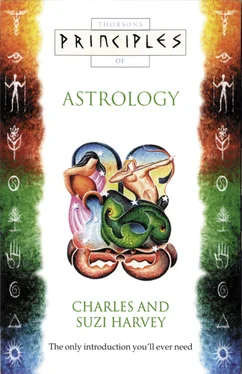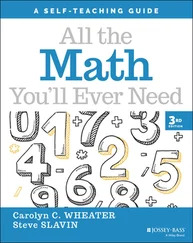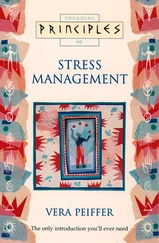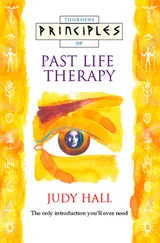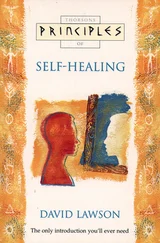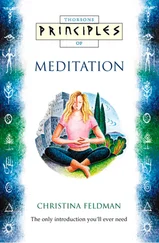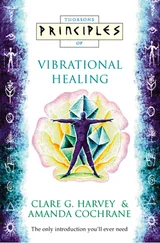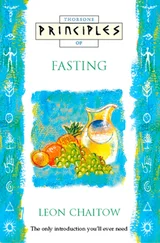193031 August, Sunday Express publishes R.H. Naylor’s article on Princess Margaret’s birth – the start of astrology in the popular press: soon spreads world-wide.
1936Dane Rudhyar’s The Astrology of Personality starts psychological astrology.
1939Karl Ernst Krafft – Traite d’Astro-biologie ; American Federation of Astrologers founded (May).
1940Reinhold Ebertin in Germany publishes the first edition of Kombination der Gestirneinflusse (Combination of Stellar Influences).
1948,7 June, 7.58 p.m., The Faculty of Astrological Studies founded to provide a systematic education for astrologers – world-wide via correspondence courses.
1955– Michel Gauquelin publishes L’Influence des Astres demonstrating statistically that planetary positions at birth are related to future eminence in different professions.
1958,21 June, 8.22 p.m., The Astrological Association founded by John Addey (1920–82), Brigadier General R.C. Firebrace and Joan Rodgers; Rudolf Tomaschek (1895–1966), Professor of theoretical physics at Munich, Chair of Cosmobiological Academy Aalen, publishes Observations on the Basic Problem of Astrology.
1959 The Astrological Journal of the Astrological Association first published.
1970In London The Urania Trust, Educational Charity, created by John Addey et al.
1973The Mayo School of Astrology founded by Jeff Mayo.
1974In the USA, Neil F. Michelsen founds Astro-Computing Services and Dr Gregg Howe founds Astro-Numeric Services for astrologers.
1976John Addey’s Harmonics in Astrology; Liz Greene’s Saturn.
1977In the USA, astrology software for home computer from Michael Erlewine (1941– ) and Robert Hand (1943– ); Geoff Dean’s Recent Advances in Natal Astrology.
1981Astrology ceases to be illegal in Britain with the Repeal of the Vagrancy Act.
1983In Zürich, Bruno and Louise Huber found the Astro Psychological Institute, API (8 June); in London, Liz Greene and Howard Sasportas (1948–93) found The Centre for Psychological Astrology – CPA (12 June); and Geoffrey Cornelius and Maggie Hyde the Company of Astrologers (14 November).
1985Jim Lewis develops Astro*Carto*Graphy; first International Astrological Research Conference in London under the auspices of Professor H.J. Eysenck (1916–97).
1988The Urania Trust creates the Astrology Study Centre in London and publishes first issue of the international Yearbook Astrology.
1990In the USA, Project Hindsight launched by Robert Hand and Robert Schwarz to recover the ancient origins of astrology by the translated early Greek, Latin and Arabic text.
1996 The Tenacious Mars Effect by Ertel and Irving confirms Gauquelin’s findings.
1997 Cosmos and Culture – journal for study of astrology in world culture launched.
1998CPA launches Apollon – journal for psychological astrology.
THE WORK OF THE GAUQUELINS
No history of 20th-century astrology would be complete without mention of the remarkable work of the French psychologist and statistician Dr Michel Gauquelin (1928–91) and his demographer wife Frangoise (1929– ). Between them they gathered many tens of thousands of birth certificates of famous individuals from all over Europe. Birth certificates on the continent include the time of birth. Using this information, the Gauquelins were able to demonstrate statistically that eminent professionals tended to be born when particular planets were:
close to the eastern or western horizon or
close to the upper meridian, their highest point in the sky or
close to the lower meridian, the lowest point.
For example, future champion athletes, eminent military men and entrepreneurs tend to be born when Mars, god of the warrior, is so placed. By contrast, the Gauquelins found that future eminent scientists tend to be born when Saturn, bestower of the saturnine cautious, methodical, intellectual temperament, is prominent. Future actors and politicians tend to be born when self-important, jovial Jupiter is in these positions. Future politicians are also found to be born with an angular Moon, as are future writers and journalists.
Despite attempts by several committees of sceptics to disprove these results, often using dubious methods, the observations have replicated again and again with fresh samples of data. An impartial survey of all the evidence by Suitbert Ertel, Professor of Psychology at Göttingen University in Germany, has concluded in The Tenacious Mars Effect that it is time that sceptics embraced the reality of these results and accepted the challenge they present to the prevailing world-view. Hans Eysenck, (1916–97), Professor of Psychology at London University and a strict experimentalist, came to the same conclusion.
Astrology during the 20th century has been gradually emerging from 200 years of isolation. It is still not accepted by most academics, and encyclopaedias still omit it from the map of 20th century knowledge, or include it with scornful asides. Faced with the upsurge of interest in astrology, sociologists try to explain it as a superstitious reaction to the nihilism of the 20th century. Meanwhile, astrologers have simply got on with their work and have developed the study in exciting and philosophically challenging new areas. During the century, there has been a growing number of intellectuals who have slipped through the ring fence of academic scorn and now experiment with astrology.
The great Irish poet, dramatist and philosopher W.B. Yeats (1865–1939) studied and used astrology daily throughout much of his adult life. C.G. Jung (1875–1961), the great Swiss psychologist, was a pioneer in this area and wrote to Sigmund Freud:
My evenings are taken up very largely with astrology. I make horoscopic calculations in order to find a clue to the core of psychological truth.
Likewise, in Austria, Oscar Adler, the medical doctor and musician brother of the great psychologist Alfred Adler, was a pioneer of modern astrology, and wrote a four-volume work, An Astrologer’s Testament. Also in Austria, the philosopher and painter Thomas Ring (1892–1983) wrote and lectured widely on astrology throughout his life. In Germany between the wars, the traveller and philosopher Count Herman Keyserling (1880–1946) embraced astrology and wrote an important introduction to the subject, whilst his son, Arnold Keyserling (1922– ), Professor of Philosophy at the University of Vienna, and a humanistic psychologist, lectures and teaches regularly throughout Europe on astrology.
The late Dr James S. Williamsen (1941–88), a brilliant American mathematician resident at King’s College Cambridge and the Oxford Computing Laboratory, summed up the nub of the matter. When asked why, as a penetrating student of artificial intelligence, he would stoop to study astrology, Williamsen replied:
If we truly want to create artificial intelligence then we must first understand the operations of the Mind which created our minds. From my studies it seems clear that astrology holds a key to understanding and mapping the workings of what from earliest times was known as the Divine Intelligence.
Such views on the implications of astrology are not only to be heard from questing scientists. Professor Dr L. Cunibert Mohlburg of the Vatican Institute of Archaeology forecast in his book Candi’s Letter to Tschu that:
Читать дальше
